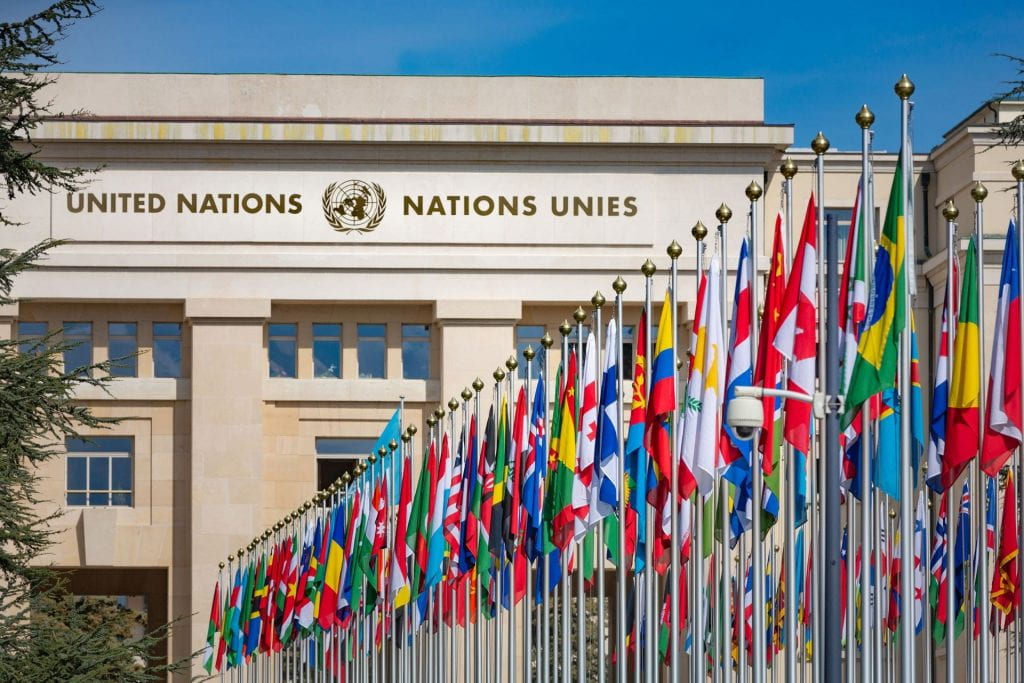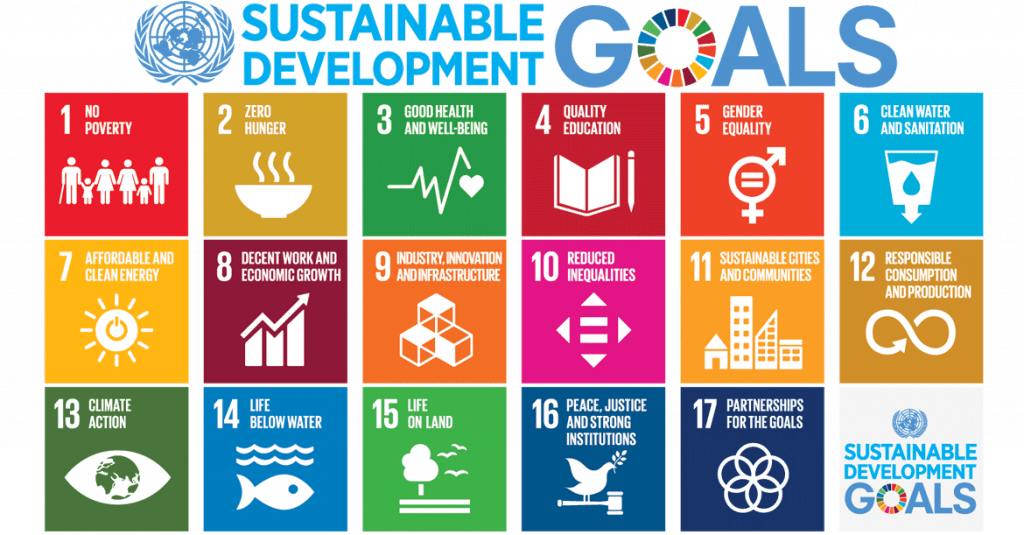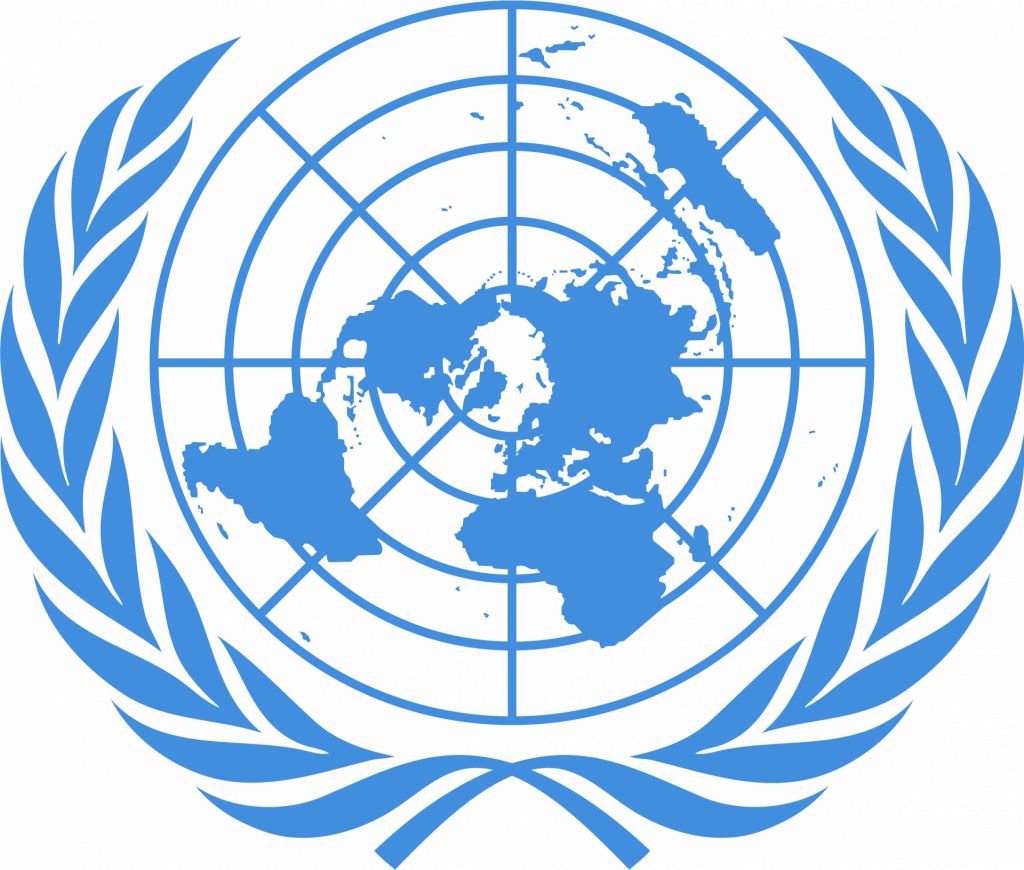Introduction to the course
Global Goals is a class that teaches students how STEM can be used to foster innovation and develop their capabilities. Students will then use these newly learnt skills to contribute to 1 of the United Nations sustainable development goals. I chose to enrol in this elective because I am passionate about the Global Goals and want to contribute to them and help the world in any way possible. I believe this course can help me do just this while teaching me valuable skills about innovation. I also really enjoyed the work I had done on a similar topic.
Who are the United Nations?
The United Nations (UN for short) is an intergovernmental organization founded by 51 countries after the end of the Second World War. The UN strives to maintain international peace and security, protect human rights, deliver humanitarian aid, promote sustainable development and uphold international law. All countries except a minority of countries such as Taiwan, Palestine and the Vatican are a signatory.
What is sustainable development?
Sustainable development is economic development that meets the needs of the people of the present without compromising the ability of future generations to do the same. In order to do this, we must use the right quantity of sustainable resources to keep our planet intact for future generations. Currently, we practice a lot of environmentally harmful practices such as overfishing, extreme fossil fuel usage and plastic pollution. While these practices may seem almost impossible to eradicate some countries have proven that this may not be as hard as some think. For example, Iceland and Tajikistan both get the majority of their energy sustainably from hydroelectric and geothermic energy respectively. They both have the potential to sustainably supply almost 100% of their energy needs. Some African nations are also making staggering progress when it comes to sustainability. For example, in 2009 Rwanda became the first plastic-free country in the world. In 2017 after plastic bags were increasingly being found in Kenya wildlife and farm animals the government decided to ban all single-use plastic bags.
What are the Sustainable Development Goals?
Commonly described as “The Worlds To do list” the United Nations Sustainable Development goals are 17 of the biggest issues facing the world right now. They cover everything from corruption and poverty to climate change and plastic-free oceans. The UN hopes that by having a set of clear goals and objectives of what it wants to achieve it can rally the world together and encourage international collaboration to solve these issues, together, by 2030. Each Global Goal has sub-targets that gives the public a clearer view of the goal and gives countries easier targets to aim for.
Why are these goals important?
The United Nations sustainable development goals are important because they give the world something more tangible to work towards and prioritise. The issues covered in the goals are indiscriminate in their impact on every country and person on earth. While these goals are highly ambitious they are far from impossible if we work together and put enough resources into fixing them. Co-operation, trust, innovation, hard work and investment, if done right, are the key factors that could turn the world as we know it into a self-sustaining utopia that will last for many many future generations.
Outline any progress on the Sustainable Development Goals?
The Sustainable Development Goals are some of the biggest issues on earth right now. So naturally, there is no easy solution, nor only one way to fix them. To many, the Global goals may seem too optimistic and virtually impossible. But as John F. Kennedy said, “We choose to do these things not because they are easy, but because they are hard.” But while massive breakthroughs are rare and slowed by the pandemic that does not mean no progress is being made. Some notable progress includes; the invention of sustainable plastic made from banana peels, floating bins that clean up rubbish in the ocean, solar panel roof shingles, lab-grown furniture, landfill-friendly coffee capsules, skateboard wheels made from gum and houses made from old shipping containers. There is lots of hope of innovation and invention that could move the progress of the global goals forward decades.
What goals do you believe have relevance to All Saints’ College and its community?
I believe that every UN global goal has relevance to All Saints and its community. The college works to progress almost every goal from machines that turn plastic waste into household items or dolls made by students for Ugandan orphans to pride celebrations for the school’s LGBTQIA+ students. Many of these goals are being touched on in this course. Two of the central goals in this course are Goal 9: Industry, Innovation and infrastructure and Goal 17 Partnership for the goals. This course, among many others offered at the college, aims to foster innovation and creativity in students. The skills learned in this course could help students with innovating, potentially creating something in the future that could be massively important to the environment or society as a whole. Secondly, this course enhances co-operation on the global goals and raises awareness about them to students and the wider community.


